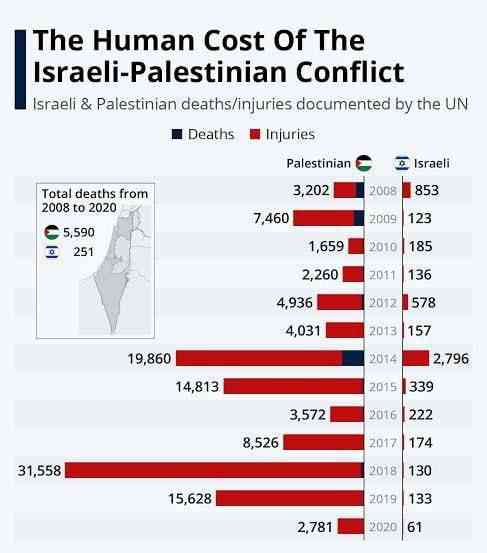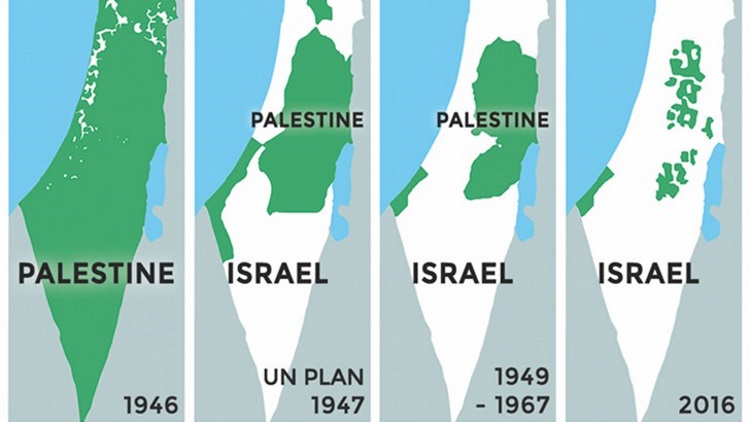For once I was taken by surprise. I didn’t expect this attack and despite my low opinion of the Israeli military, would not have expected it to be so successful.
Hamas actually captured the Israeli southern command base briefly. It was retaken with massive air strikes (meaning Israel was willing to hit its own people.) In the initial 12 hours or so they wiped the floor with local Israeli forces.
This is the most successful Palestinian military operation I can think of.
Hamas could not, of course, hold the ground it took and is retreating to Gaza. Israel has declared war and stated that they will invade Gaza.
A ground invasion will be extremely bloody, Gaza is one of the most densely populated places on Earth, and Hamas has had plenty of time to prepare. Bombing and shelling urban areas does not make invasion significantly easier.
Let’s drawn out some specific points:
Complete Mossad Intelligence Failure
Mossad, the Israeli intelligence agency, has a fearsome reputation, but they either wanted the attack to happen (which is unlikely) or they were caught completely by surprise. This is an embarrassment, to vastly understate the case.
Israeli Military Weakness
As I have said repeatedly, and as the last war with Hezbollah showed, the Israeli army, no matter how many weapons or men or planes it has, is weak and incompetent. This is not the military of 1967 or even 1980, when the legend of Israeli military brilliance was created.
This is due to serving primarily as an occupation army. All occupation armies, fighting against the weak, become weak, brutal bullies incompetent at fighting real opposition.
The Israeli army was slow to respond, a general was captured and a command base. This is, again, humiliating.
Humiliation
Humiliation is the word of the day. Just as a bully whose victim manages to get in a few good punches has to be brutal in response, so Israel will lash out massively.
Context

This is one reason why Hamas lashed out. No one could be expected to endure this, year on year, and not want to strike back. It is also why, while I have sympathy for anyone hurt or killed, I have no patience with crocodile tears from Israeli supporters, acting as if they haven’t been doing worse to Palestinians for years.
The Hezbollah Question
is whether they’ll attack. The answer seems to be “probably” as Hezbollah has said that if there is a ground invasion of Gaza, they will declare war. Hezbollah is no joke, they are battle hardened, have between 40K and 150K missiles, a drone force, and their own private comms system.
Israel is moving forces to the Lebanese border as we speak. Militarily speaking, if I were Hezbollah, I might attack sooner rather than later.
The Iran Question
Iran is Hamas and Hezbollah’s sponsor. It is VERY unlikely Hamas did this without Iranian greenlighting and if that’s so, the plan isn’t “do one attack, then get hammered.”
The “Iron” Dome
Israel’s missile defenses cracked under Hamas’s missile barrage. There is no question, if Hezbollah attacks, the Iron Dome will not shoot down most missiles. This time it won’t be Lebanon’s heartland being bombed mercilessly while Tel Aviv is spared, there will be carnage in both homelands.
Nukes
In some ways this is the bottom line. Israel has nukes. If they did not, I would expect Iran to join in and if I were Egypt, I might invade. Israel is weak and humiliated. But as long as they have nukes, other countries will shy off from direct war unless they think they have a way of taking out those nukes.
Diplomatic Damage
Israeli-Saudi Arabia negotiations are dead for the time being and other Arab allies will not be able to do anything but condemn Israel. There are massive demonstration in support of Hamas in Turkey, Egypt and many other Muslim countries.
Ethnic Cleansing and Occupation
Israel has a huge problem, in that it has a massive population of non-citizens, and those non-citizens are out-breeding the citizenry, except for the ultra-orthodox Jews who do not serve in the military. This is an ulcer, and many Israeli politicians have been clear they want to just get rid of the Palestinians. They can’t genocide them, because it would destroy the Holocaust trump card, but many would love ethnic cleanse them. This may be an opportunity.
This is also an issue because if Israel wants to directly run Gaza, the occupation will be a bloody guerilla war, an endless bleeding ulcer.
If they don’t want to run it, they have to find a friendly quisling force, like the Palestinian authority, to do it for them, and at least right now, there’s no one to take that role. Hamas are more moderate than the other main Gaza factions.
Imperial Overstretch
Usually when Israel is in trouble the US airlifts in massive arms and munitions to help them, as they did in the 2006 war. But right now the shelves are almost bare because of Ukraine.
Balance of Forces
Hamas is obviously still the massive underdog. They are praying for Hezbollah to join in, and perhaps they want Israel to invade so they can fight a ground war against Israel on their own ground. The smart money is still on Israel.
But do not underestimate Hezbollah, and don’t underestimate how nasty this could get if Hezbollah does intervene. As noted above, they will be able to strike Israel’s heartland. If Israel attacks into Lebanon in response, with ground assets, my money is Hezbollah and if I were Hezbollah I would want that. Defeat the attack, then counter-attack into Israel.
If Hezbollah has to attack on the ground because Israel won’t oblige them I honestly don’t know how it will go.
But, while smaller and less well equipped, Hezbollah is the superior military with higher morale. If I were Israeli, I would not be sanguine.
Concluding Remarks
I won’t cavil, I think Hamas is justified in this attack. I also think the argument that settlers are civilians is weak (though by settlers I do not mean all Israelis.) Israel is an apartheid religious-ethnic state which stole another people’s land and continues to brutalize them.
The only humane solution, one which allows Israel to continue to exist, is a single state with everyone as full citizens.
Alas, that is not on the table.
In the long run, Israel as an ethic religious state, like the Crusader States, is doomed.
The only question is how many people have to suffer before Israel becomes a nation whose very basis is not completely unjust.
(Oh, and if Iran joins in.)
**Edit: it seems early reports of Ukrainian aid weapons winding up with Hamas are incorrect, or at least unverified. Removed with my apologies. (Although I suspect many have wound up on the black market, and would be surprised if Hamas didn’t wind up with a few.)
Donors and subscribers make it possible for me to write, so if you value my writing, please DONATE or SUBSCRIBE


